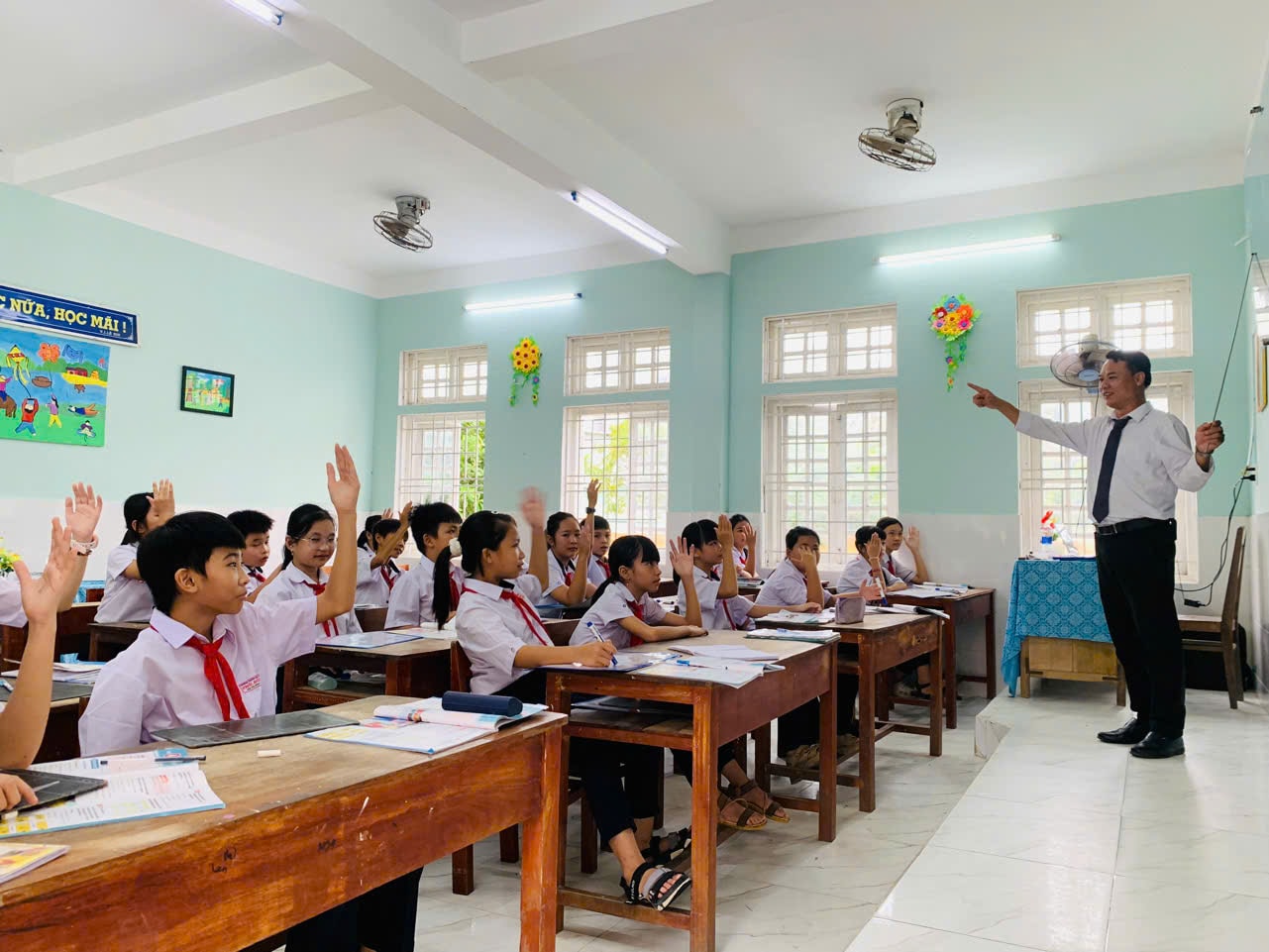
Overloaded...
A civil servant in charge of commune-level education management in Duy Xuyen district (old) said that the district education department originally had 11 positions.
However, when operating a two-level government, the district was divided into four communes including Duy Nghia, Thu Bon, Duy Xuyen, and Nam Phuoc, only three people were assigned to be in charge of managing education for the above communes. The remaining people from the old education department are now retired according to the regime.
According to current guidelines, each commune-level social and cultural department arranges a maximum of 2 positions for civil servant positions in charge of the education and training sector.
However, according to an initial survey by the Department of Education and Training of Da Nang City, currently only 20% or less than 30% of commune-level education officials have professional qualifications or work experience in the education sector. Communes in the former Duy Xuyen district are an example.
An official in charge of education management at the social and cultural department of a coastal commune said that the amount of work being done is huge. Previously, he was an officer of the district education and training department, and although he was familiar with the work, he still could not keep up with it.
Previously, each cadre was only in charge of one level of education. Now, when assigned to the commune and ward levels, each person must simultaneously manage three levels of education, including preschool, primary school, and secondary school.
“For example, now there is a competition for excellent primary school teachers at the commune level, while the person in charge of education at the Department of Culture and Society has expertise at the secondary school level, how can we make an assessment? Not to mention the activities for preschool, continuing education, and vocational education,” he said.
This is also a difficulty identified in many education management officials of other localities, even though they started out as people working in the education sector.
The number of staff is small but they have to be in charge of a large amount of work and require expertise at many levels; while each person only has expertise at one level, in many localities, people in education management positions do not have experience working in the education sector.
Currently, with more than 3,321 communes/wards (after reorganization), the whole country needs more than 6,000 commune-level education officials. However, according to a survey by the Department of Teachers and Education Management, out of about 1,000 surveyed cases, only 303 people used to work at the old education and training department and 395 people have pedagogical qualifications. The remaining people lack professional capacity and practical educational experience.
In many localities, the number of cadres with teaching degrees or practical experience accounts for only 20-30% of the total staff.
Need solutions and guidance
In Avuong commune, Mr. Alang ARay, Head of the Department of Culture and Society , said that the department currently has 8 staff but does not have a specialist in charge of educational management.
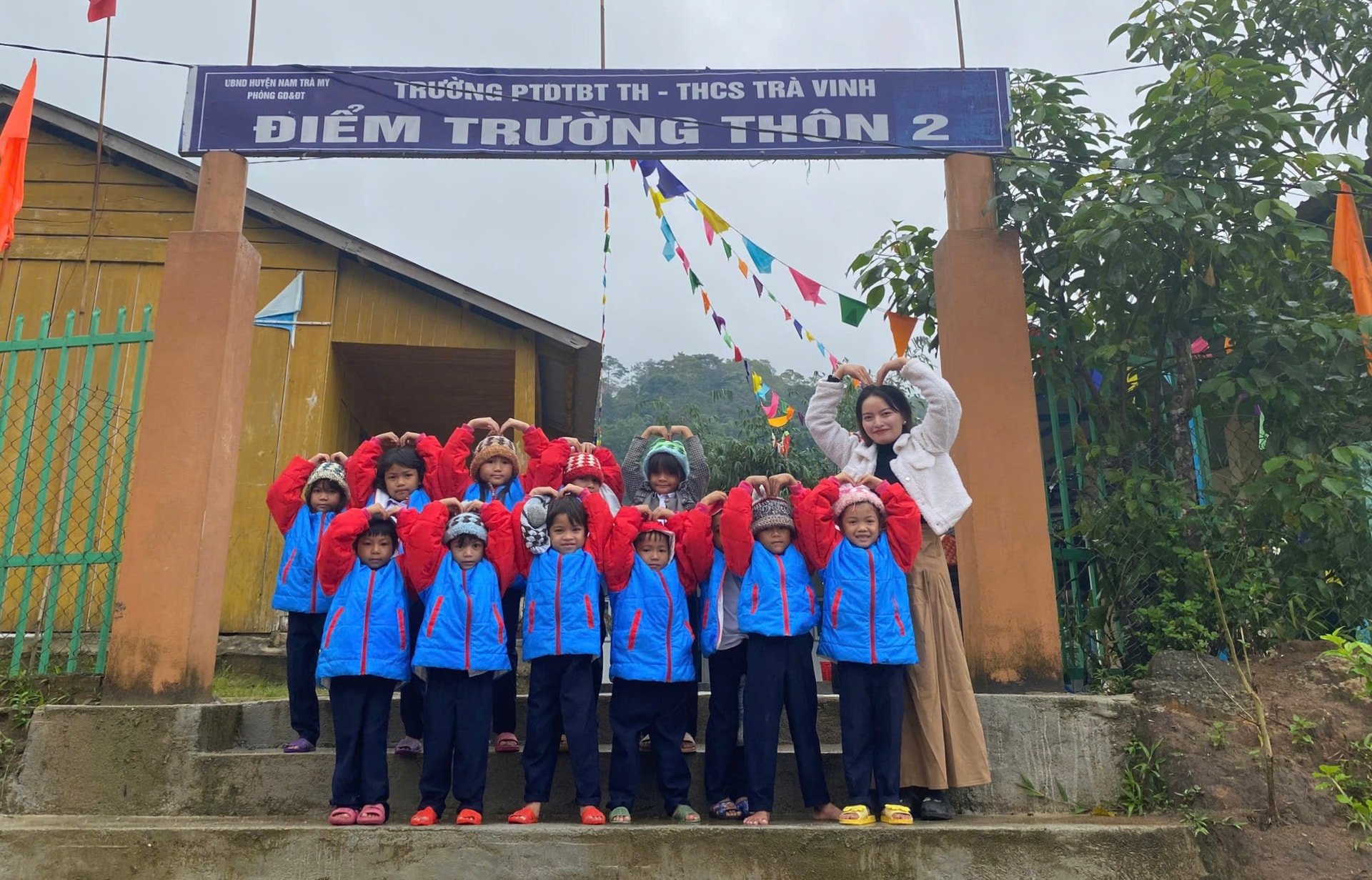
Currently, education-related work in the commune is divided among the staff in the implementation department, while these people do not have expertise in education.
“One of the current difficulties of Avuong is the lack of education officer positions. I currently assign officers in charge of culture and sports to also do education management work. The department is currently lacking specialists, not to mention the number of brothers in the old commune who are now assigned tasks at the district level, so they still cannot access them,” said Mr. Alang ARay.
Avuong currently has 5 schools at all levels, not to mention the village and hamlet schools. Mr. Alang ARay said that the distance from the main school to the villages is quite far, some villages do not have roads for cars. Many teachers teaching at the village schools have to walk for several hours from the center, each time the teachers go to teach at the schools, it takes more than a month to return to the main school.
Such local characteristics require education managers to have expertise and pedagogical qualifications.
Mr. Alang ARay said that Avuong commune hopes that superiors will create conditions to assign more staff with educational expertise to the locality in the face of a series of tasks for the upcoming new school year.
Mr. Nguyen Hoang Nam, Deputy Director of the Department of Education and Training, said that the unit has thoroughly grasped the documents of the Ministry of Education and Training related to decentralization and delegation of authority in state management of education as well as conducted field inspections in communes and wards to develop support plans and train civil servants in charge of education at the commune level.
On August 5, the Ministry of Education and Training held a conference to deploy decentralization of state management of education when implementing two-level local government. The conference was held online with the participation of more than 50,000 attendees, of which about 90% were at the commune level.
The Ministry of Education and Training has identified supporting commune-level education staff in their activities as a key and urgent task in the coming time.
Permanent Deputy Minister of Education and Training Pham Ngoc Thuong said that it is necessary to innovate management thinking, leadership and management methods, for example by applying information technology and digitalization.
In particular, commune-level leaders need to do a good job of planning and appointing principals and vice principals of units under their management; these must be capable, responsible and "combat-experienced" people.
Source: https://baodanang.vn/phan-cap-quan-ly-giao-duc-nang-cao-nang-luc-cong-chuc-quan-ly-giao-duc-cap-xa-3298810.html


![[Photo] The 1st Congress of Party Delegates of Central Party Agencies, term 2025-2030, held a preparatory session.](https://vphoto.vietnam.vn/thumb/1200x675/vietnam/resource/IMAGE/2025/9/23/e3a8d2fea79943178d836016d81b4981)
![[Photo] Prime Minister Pham Minh Chinh chairs the 14th meeting of the Steering Committee on IUU](https://vphoto.vietnam.vn/thumb/1200x675/vietnam/resource/IMAGE/2025/9/23/a5244e94b6dd49b3b52bbb92201c6986)
![[Photo] General Secretary To Lam meets voters in Hanoi city](https://vphoto.vietnam.vn/thumb/1200x675/vietnam/resource/IMAGE/2025/9/23/d3d496df306d42528b1efa01c19b9c1f)

![[Photo] Editor-in-Chief of Nhan Dan Newspaper Le Quoc Minh received the working delegation of Pasaxon Newspaper](https://vphoto.vietnam.vn/thumb/1200x675/vietnam/resource/IMAGE/2025/9/23/da79369d8d2849318c3fe8e792f4ce16)





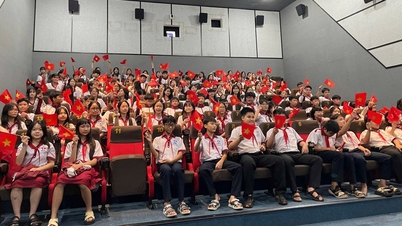

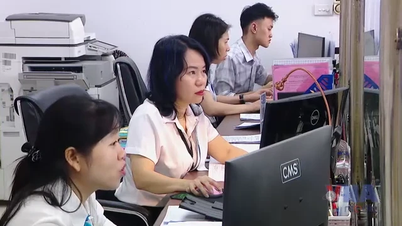



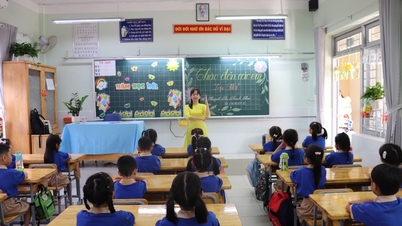










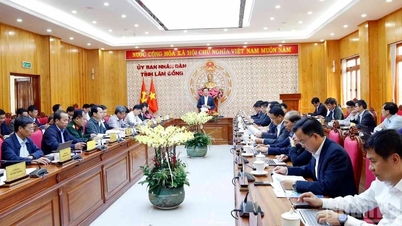






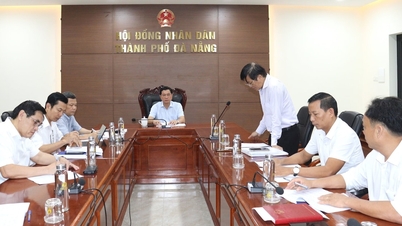

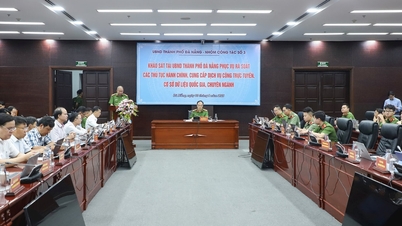




























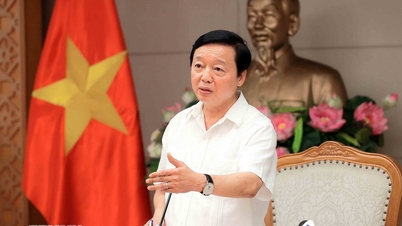






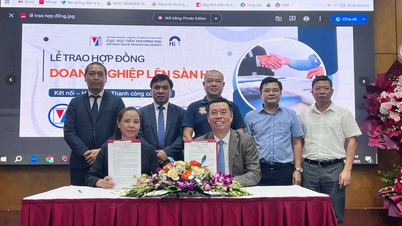


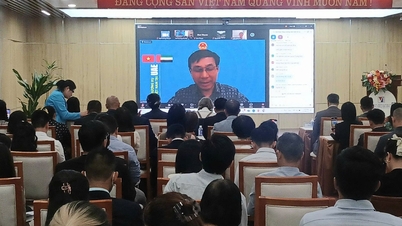








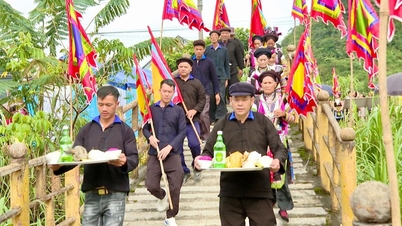







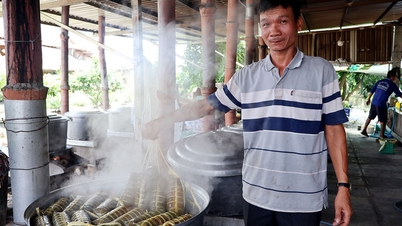








Comment (0)